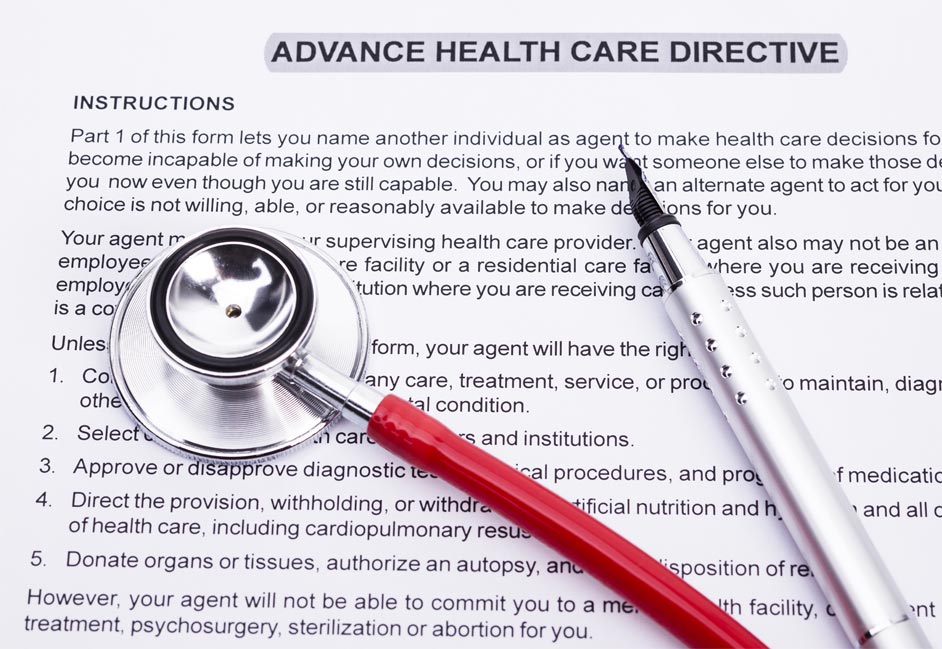Whatever you call it — an advanced directive, living will, a do not resuscitate order (DNR) — they are all the same thing. Right? Although a “living will” is an imprecise term for what Texas law refers to as an advanced directive, a DNR is totally different.
The Texas advanced directive law allows a person, when they are well and competent, to decide in advance the level of medical intervention they want if they become unable to make decisions for themselves. You can choose whether to have aggressive care (feeding tubes, breathing machines, etc.) or to allow technology to be withdrawn and be allowed to die peacefully. At Pyke & Associates, we strongly encourage every person to have a medical power of attorney with an advanced directive. By every person, we literally mean any adult person who is competent to sign such a document. We strongly encourage parents to have their children sign medical powers of attorney and financial powers of attorney before going to college. According to the State of Texas – and all parents disagree – eighteen year olds are adults.
However, a DNR is a document that we at Pyke & Associates never draft. Unlike an advanced directive, a DNR is signed when a person is terminal and they will be denied any future lifesaving care. Because the person is terminal, and probably being admitted to hospice, it is usually their medical agent, along with a Texas physician, that signs the DNR. I think a better title to DNR would be a “do not touch” directive. Someone who has signed a DNR should be noted on a patient or hospital chart that no effort should be made to resuscitate that person under any condition. Any healthcare professional, including a paramedic, should refuse to provide any lifesaving care to someone with a DNR. They literally should not touch this person. So, a DNR is a document signed by a physician when someone is dying, death is inevitable, and the eventual cause is irrelevant.
An advanced directive is telling your medical agent in advance that if you ever get into that situation, you might like a DNR or not. But you do not sign a DNR when you are healthy or you might just find yourself denied medical care when you really want it.
This material has been prepared for informational purposes only, and is not intended to provide, and should not be relied on for, specific tax, legal or accounting advice. We can only give specific advice upon consulting directly with you and reviewing your exact situation.





